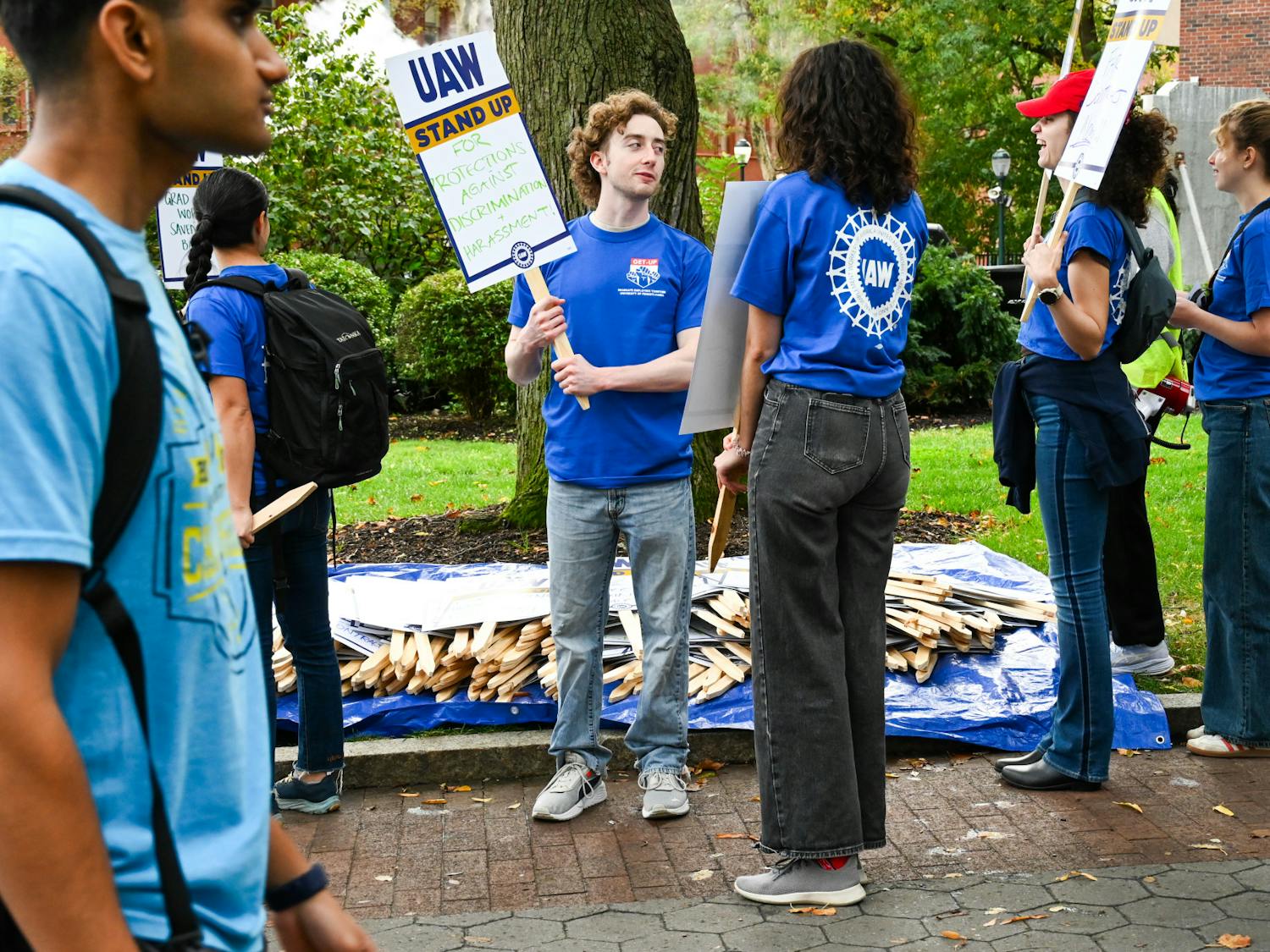Since Marc Lo began his role as Penn First Plus Office executive director at the start of the semester, the office has been collecting input from first-generation, low-income students on the issues they continuously face at Penn. As the semester comes to a close, the office is now planning initiatives to normalize FGLI students' experiences.
In preparation for the fall semester, the P1P Office will spend this summer implementing faculty and staff training programs on how to better understand the backgrounds of FGLI students and developing a website to centralize all FGLI resources.
Lo said to gauge FGLI students' concerns, he spent his first semester meeting individual students and leaders of campus organizations, such as the Undergraduate Assembly and the Greenfield Intercultural Center. P1P faculty co-directors Robert Ghrist and Camille Charles also met with students and faculty to learn about current and ongoing issues FGLI students face. Lo also recruited undergraduate students for the Penn First Plus Office Student Advisory Board, which formed in March.
In meetings throughout March and April, the student advisory board highlighted the need for faculty to be trained in addressing certain practices — from textbook costs to language related to someone's socioeconomic status — which Lo said could alienate FGLI students.
P1P advisory board member and Engineering senior Eden Harris emphasized the importance of "unconscious bias training." She recalled several incidences when her professors were not sensitive to FGLI backgrounds by requiring expensive online access codes or by making assumptions about students having traveled on a plane before.

The P1P Office will work with the Center for Teaching and Learning to develop faculty training programs, Lo said. Lo said the training is going to be offered multiple times every semester for several years, and possibly will be virtually available for faculty. The office also aims to calculate the typical costs of a semester’s textbooks so that Student Financial Services can offer a more accurate financial aid package.
Lo said the P1P Office also plans to distinguish training methods for faculty from training methods for other advising roles including work-study supervisors, academic advisors, and members of Vice Provost for University Life.
RELATED:
Financial Services now guarantees summer funding for 'highly-aided' sophomores and juniors
Students say FGLI textbook library needs more staff and resources
“This is so they are aware of the resources available to students based on their financial aid, the various ways to approach advising students to identify strengths and growth opportunities, and making sure not to approach students who have outed themselves as FGLI as coming from a deficit,” Lo said.
The office's second major project, a one-stop website for all FGLI information and resources, is crucial because Penn is a large and decentralized university, Harris said. The website, which the office aims to launch over next fall, will cover topics such as financial aid, academics, social events, alumni support, and international student needs.
Harris said the student advisory board also discussed possible long-term initiatives, such as a P1P newsletter and joint community events with the different FGLI student groups. Lo said the office has also discussed greater focus on food insecurity, a budgeting program with SFS, and a campus-wide "Gen Week."









